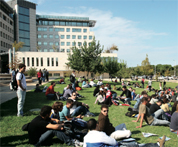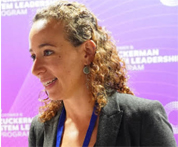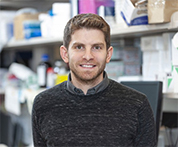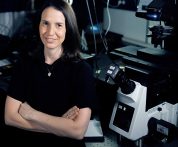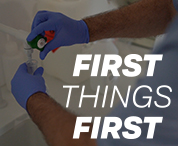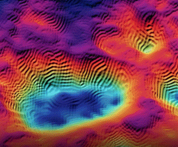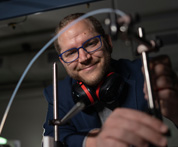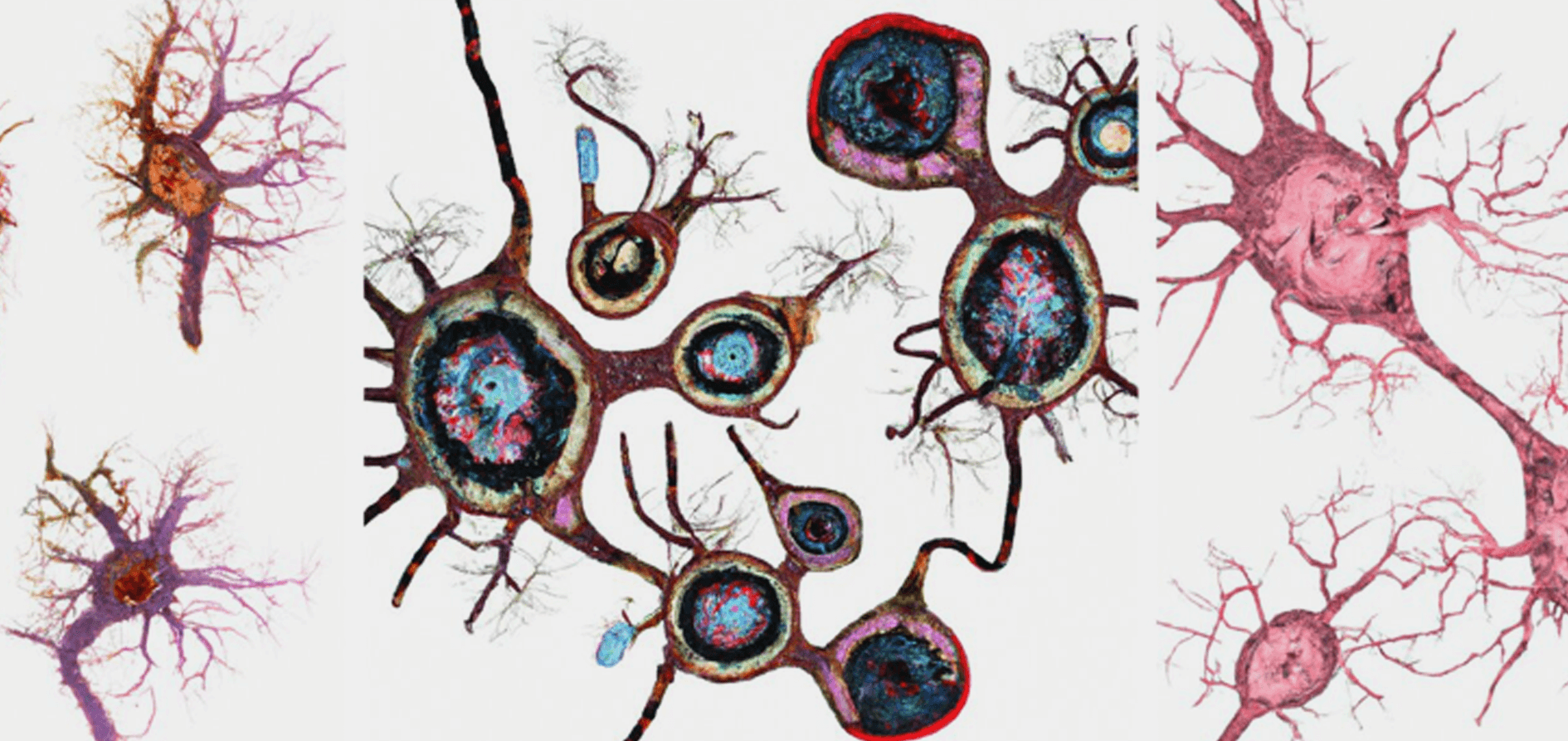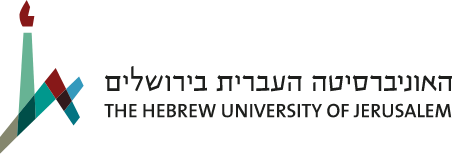Stem Cells – Neurodevelopmental Disorders – Neuronal Circuits
Lab Research Areas
The lab studies the basic processes that control the development of the human and mammalian brain and how genetic mutations may affect these processes in ways that lead to neurodevelopmental disorders.
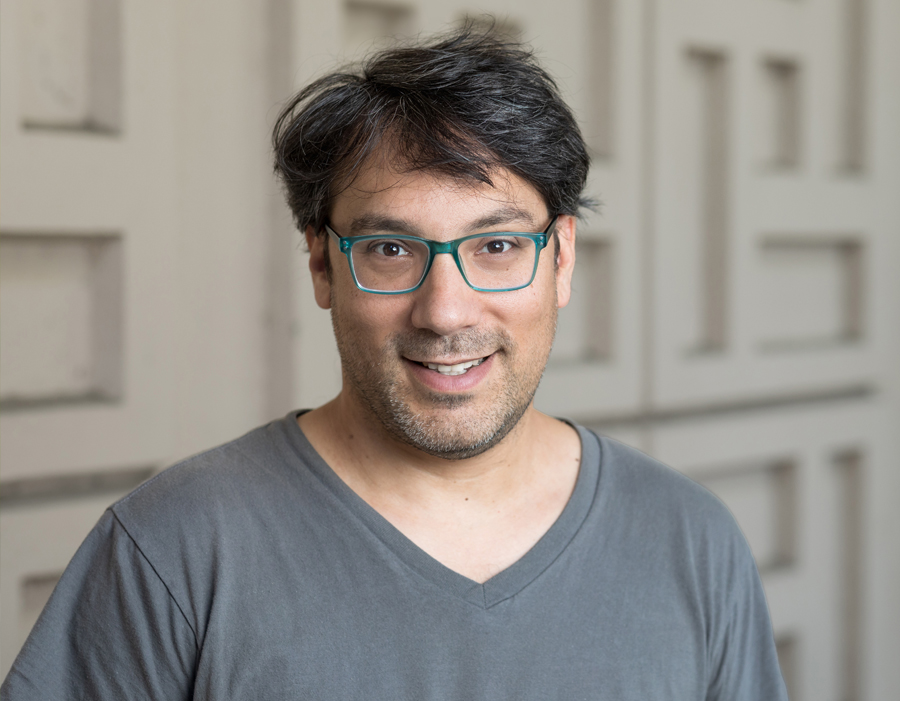
Scholar Profile
For his doctoral research at Hebrew University, Omer Revah earned both a Doctor of Veterinary Medicine degree and a PhD in Neuroscience from the Koret School of Veterinary Medicine (KSVM). His PhD deployed electrophysiological, imaging, pharmacological, and molecular tools to investigate the molecular pathways of cortical injury.
Dr. Revah’s clinical experience led to an interest in neurodevelopmental disorders such as intellectual disability, developmental delay, and autism spectrum disorder (ASD). His postdoctoral research at the Stanford University School of Medicine focused on early brain development, when these disorders are believed to originate, and when intervention can be most successful. He used human stem cells, including cells derived from patients, to build brain organoids that model early corticogenesis and help understand circuit and molecular dysfunction associated with autism and intellectual disability. He also showed that transplanted cortical organoids are able to progress in maturation far more than their in vitro cultured counterparts, leading to uncovering single cell and circuit level phenotypes in patient-derived cells that might not otherwise have been detected. This research was featured in The New York Times (“Human Brain Cells Grow in Rats and Feel What the Rats Feel”) and The Washington Post (“Transplant of human brain tissue into rats could help study autism, other disorders”).
 ISRAELI COUNCIL FOR HIGHER EDUCATION
ISRAELI COUNCIL FOR HIGHER EDUCATION MIT-Israel Zuckerman STEM Fund for Faculty Collaboration
MIT-Israel Zuckerman STEM Fund for Faculty Collaboration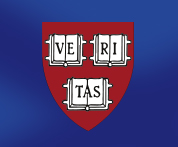 The Zuckerman Travel and Research STEM Fund at Harvard
The Zuckerman Travel and Research STEM Fund at Harvard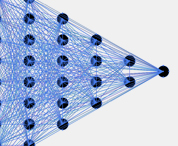 Zuckerman AI Fund at Technion
Zuckerman AI Fund at Technion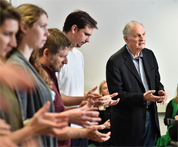 Alan Alda Communicating Science
Alan Alda Communicating Science Zuckerman Institute – ScienceAbroad
Zuckerman Institute – ScienceAbroad Zuckerman Institute – America-Israel Friendship League partnership
Zuckerman Institute – America-Israel Friendship League partnership



